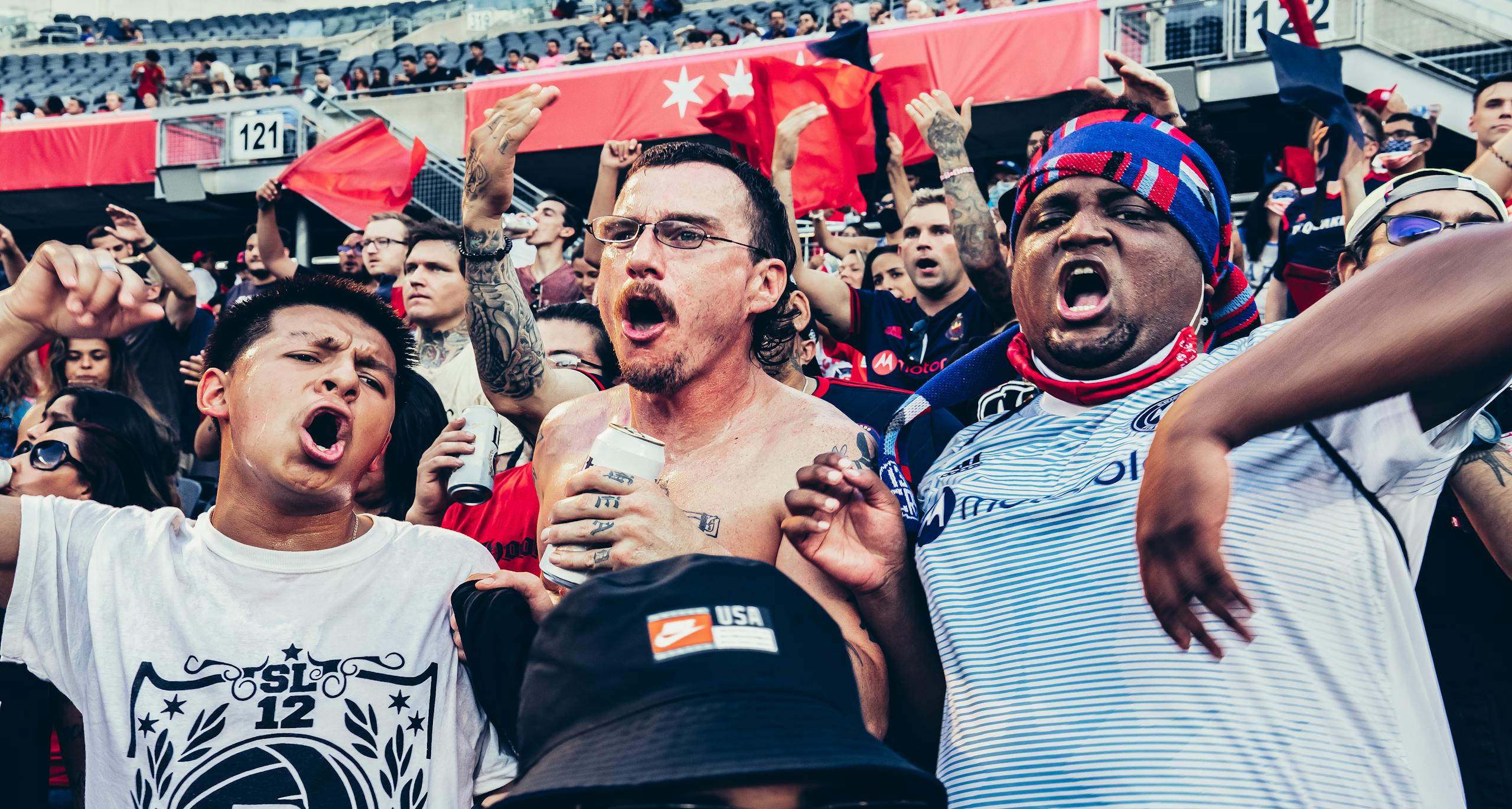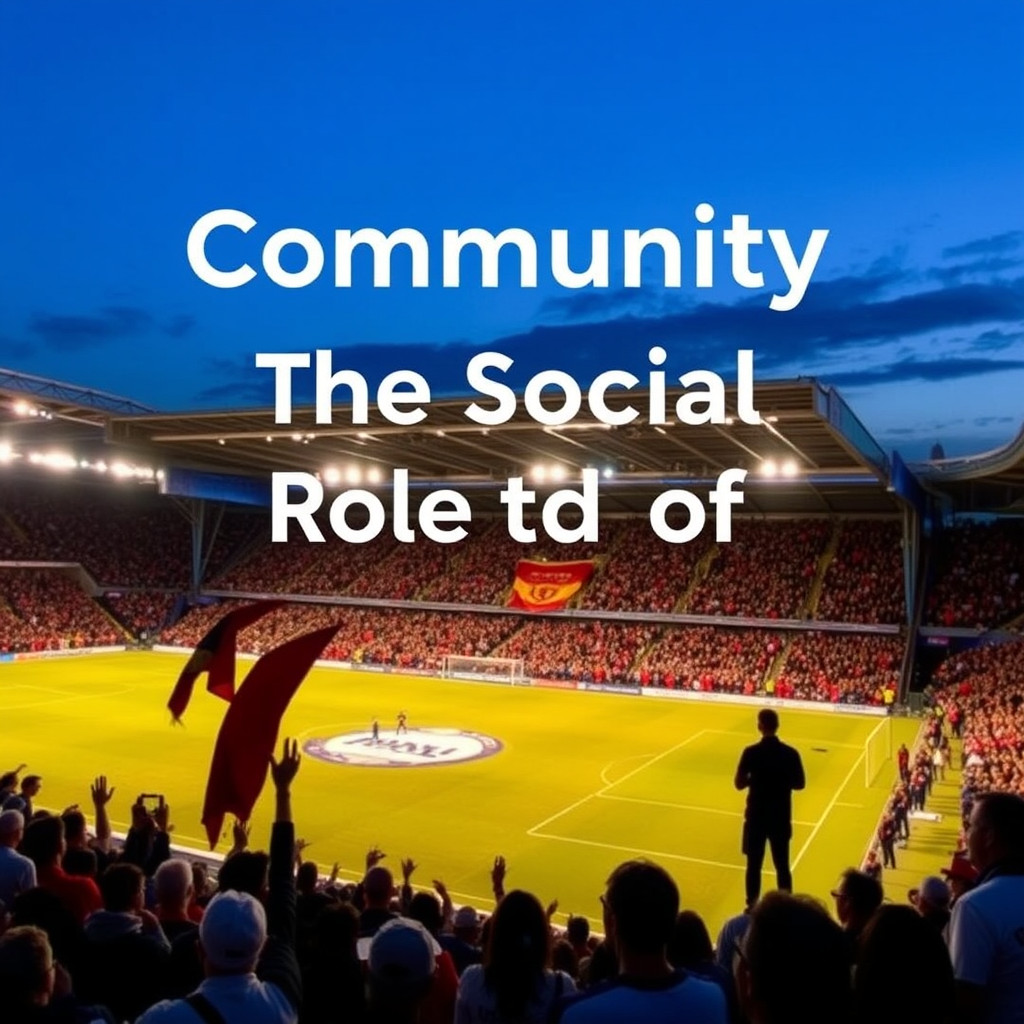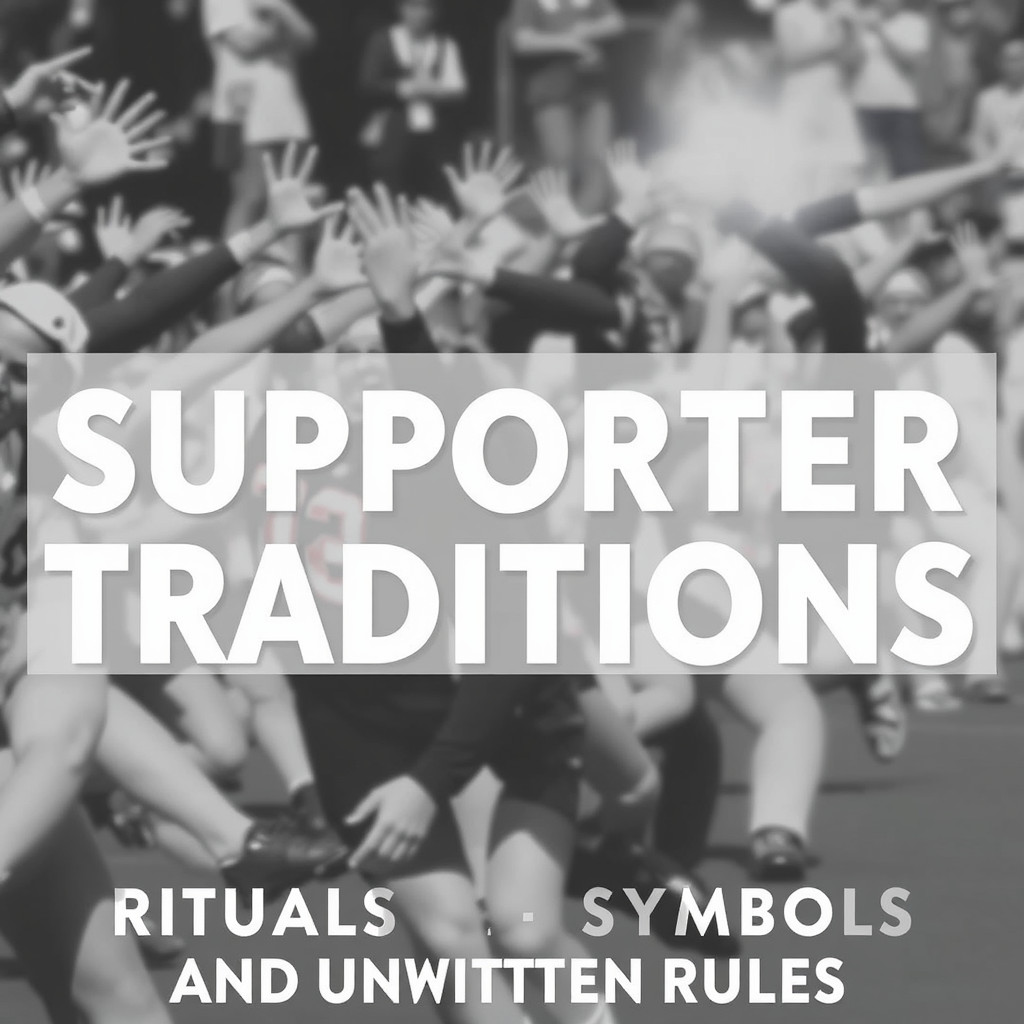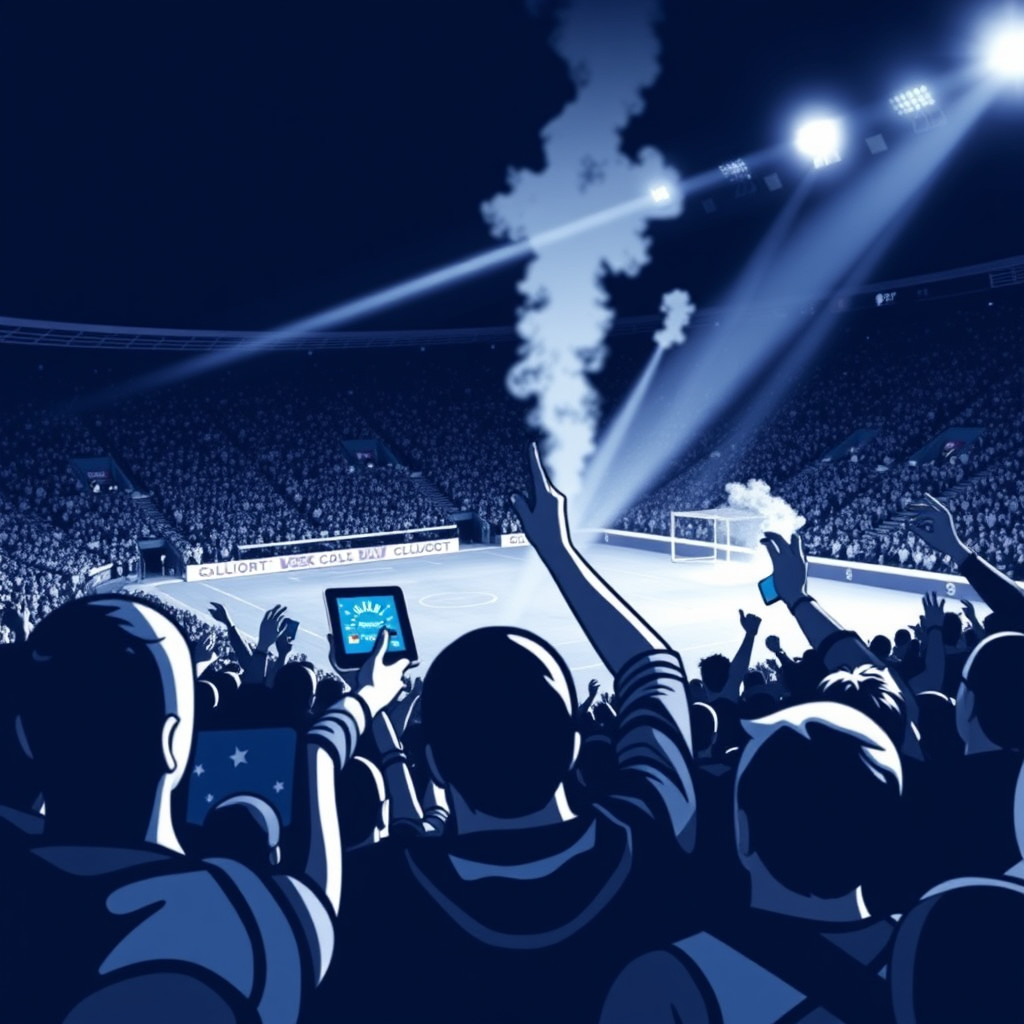Introduction: Beyond the Match
Football supporters are far more than passive spectators. They are active social architects, community builders, and cultural preservationists who transform the simple act of watching a football match into a powerful mechanism for social connection, identity formation, and collective action.
Historical Context of Supporter Communities
Working-Class Roots
Football supporter groups emerged from the industrial working-class neighborhoods of Europe in the late 19th and early 20th centuries. These groups were never just about football – they represented:
- Social solidarity
- Community resistance
- Cultural preservation
- Local identity formation
Community Building Mechanisms
Social Network Creation
Supporter groups develop complex social networks that:
- Connect generations
- Bridge social and economic divides
- Create alternative family structures
- Provide social support systems
Youth Engagement and Mentorship
Football supporter groups play crucial roles in:
- Providing positive male and female role models
- Offering structured social interactions
- Creating mentorship opportunities
- Developing leadership skills
Charitable and Social Initiatives
Beyond the Stadium Walls
Many supporter groups have developed significant social impact programs:
- Community development projects
- Youth education initiatives
- Social welfare support
- Local economic development
Notable Examples
- Liverpool FC supporters’ charitable foundations
- Borussia Dortmund community programs
- Boca Juniors social development initiatives
- Red Star Belgrade community projects
Cultural Preservation and Identity
Protecting Local Narratives
Supporter groups serve as:
- Cultural memory keepers
- Local history documentarians
- Identity preservation mechanisms
- Resistance against cultural homogenization
Economic and Social Empowerment
Alternative Economic Models
Supporter groups have developed:
- Cooperative ownership models
- Community investment strategies
- Local economic networks
- Alternative financial structures
Political and Social Activism
Using Football as a Platform
Many supporter groups have been instrumental in:
- Political resistance movements
- Social justice campaigns
- Anti-discrimination initiatives
- Community organizing
Case Studies
- Anti-fascist football movements
- LGBTQ+ inclusion campaigns
- Racial equality initiatives
- Working-class representation efforts
Psychological and Social Support
Mental Health and Belonging
Supporter groups provide critical psychological functions:
- Combating social isolation
- Creating sense of belonging
- Developing emotional support networks
- Providing structured social interactions
Challenges and Transformations
Navigating Modern Complexities
- Commercialization of football
- Digital community challenges
- Generational shifts
- Maintaining authentic connections
Digital Age Adaptations
New Community Platforms
- Online supporter networks
- Global connection technologies
- Virtual support mechanisms
- Expanded community engagement
Conclusion: Living Social Institutions
Football supporter groups are not mere fan clubs. They are living, breathing social institutions that capture the complex dynamics of human connection, cultural preservation, and collective identity.
The tribuna is their stage, but their impact extends far beyond the football pitch.





![[Tipstering] logo."](https://i0.wp.com/tipstering.com/wp-content/uploads/2024/10/logo-e1730062078868.png?fit=350%2C284&ssl=1)
